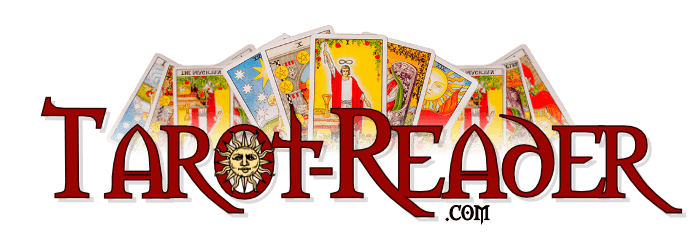The Qualities of the Four Minor Arcana
Each of the minor arcana suits represents different facets of human experience. They each represent a set of activities or experiences that are reactive or active, depending on whether they’re expressed out in the world or kept inside.
Cups: Cups is about reacting to energy taken from the world.
Emotions: Love, hate, sadness, sorrow: the emotions are instinctual; both animals and humans experience emotions. No one actively plans to feel things. These are reactions to stimuli and to events in our environment that let us know if we’re safe or not.
Love: Love is a particular emotion, and the expression of it and the longing to be with others in harmony. Love wishes to share and to be something bigger than just the individual self. Love is the feeling that drives humans to care for each other, even to their own detriment.
Spirituality: This is the distinctly human experience of wanting to transcend the limitations of being a human in a body. It’s the desire to dissolve our barriers and be one with the universe.
Imagination: This is the place in our minds where we create ideas and images that are new and particular to us. They’re personal, coming from our emotions and our reactions to the world. This is opposed to creativity, which is putting ideas out into the world.
Wands: Wands is about putting energy out into the world.
The Will: The will is the spirit’s desire to do or become something in order to live its truth. It’s the drive that makes someone do or say something. It’s been called a “fire in the belly” when strong. The will keeps a person going despite the odds and despite what others do.
Action: Action is the application of one’s energy to affect the world or affect the energy of something else. Action is behavior, putting out effort in the material world in order to change it. This is opposed to emotion, which is a reaction, and thought, which is internal.
Creativity: Creativity is the putting out energy into the world in order to change it in a new way. This is opposed to imagination, which is reactive and internal. Creativity can be driven by imagination. However, creativity is the drive to take new ideas and make them manifest in reality.
Initiation: Initiation is the beginning of something in objective reality. Initiation is the start of something new, the beginning of one thing and the end of another thing.
Pentacles: Pentacles is creating material change in the world in order to perfect and accumulate.
Possessions: The things someone owns, that they can grasp and take with them. These are objects one may have because they need them or desire them. It can be one’s clothing, food, artwork, and the body; possessions can be grasp in the hands and one can lay claim to them as property.
Riches: Riches are what makes one able to meet all of their physical needs and beyond. It’s more than possessions, which are things. Riches can be property, investments, skills and talents, inheritances, or fiat money.
Material Things: Material things are all the things that exist in three dimensions on earth. They are made of matter and are moved and changed by energy. These things may not last, or they may last. Material things are opposed to thoughts, feelings, and actions, which can be owned, but cannot be considered property.
Practicality: Practicality is the concept of doing what creates the most pleasure and the least amount of pain or waste. What is practical is not ideal; it may not be the solution everyone wants, but when compromises must be made, practicality allows one to meet the needs of most involved.
Swords: Swords is about using the higher mind in order to make sense of the world and choose the best options.
Intellect: Intellect is what separates humans from animals. We can form thoughts that are conceptual, that do not rely on physical structures or limitations to make them real. It’s the application of thought to what exists and using thought to change the material world or cause others to deal with the material world in a certain way.
The Mind: The mind, as opposed to the emotions, is the part where the personality is formed. It’s also known as the ego. This is not just intelligence, but also the ability to think, reason, and rationalize. This is where we make decisions based on what we want and what is available to us, and how we adapt to limitations or abundance.
Truth: Universal truth is the quality of what actually is despite how others see it through whatever point of view they may have or what emotions they have. This is higher truth, absolute truth, and not momentary or personal truth. It’s what is real no matter what anyone thinks.
Objectivity: Objectivity is the ability to look at things squarely and not through the lens of emotion or desire. It’s the quality required for doing what is best for everyone or for the situation. It’s required to be fair and to be civilized.
